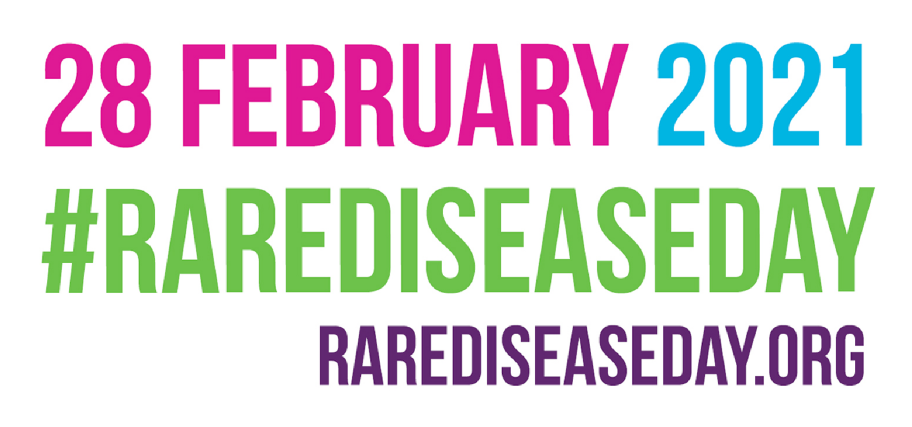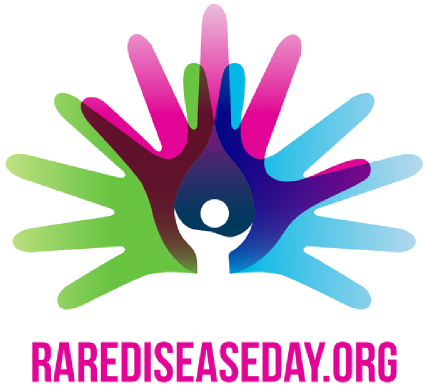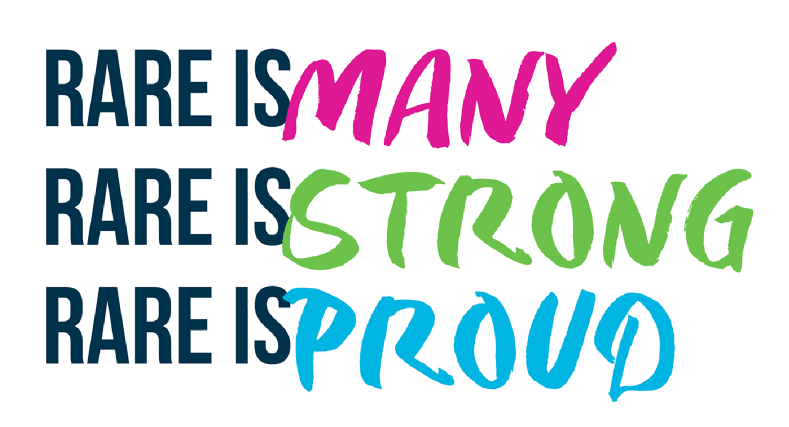DYNE-101 an investigational therapeutic for people living with myotonic dystrophy type 1 (DM1)
DYNE-101 is an investigational therapeutic being evaluated in the Phase 1/2 global ACHIEVE clinical trial for people living with DM1. DYNE-101 consists of an antisense oligonucleotide (ASO) conjugated to a fragment antibody (Fab) that binds to the transferrin receptor 1 (TfR1) which is highly expressed on muscle. DYNE-101 is designed to address the genetic basis of DM1 by reducing the levels of mutant DMPK RNA in the nucleus, releasing splicing proteins, allowing normal mRNA processing and translation of normal proteins and potentially stopping or reversing disease. DYNE-101 has been granted orphan drug designation for the treatment of DM1 by the European Medicines Agency and the US Food and Drug Administration.
About DM1
DM1 is a rare, genetic, progressive muscle disease estimated to affect >40,000 people in the US and >74,000 people in Europe. The severity of symptoms and pace of progression varies.
Onset
Symptoms can begin at any point in an affected person’s life, depending on the DM1 subtype. Adult-onset DM1 symptoms typically appear in early teens to 50 years of age.
Cause
The underlying cause of DM1 is a defective DMPK gene that encodes a mutated RNA. DM1 is known as a triplet repeat disease because of the expanded number of CTG repeats in the DMPK gene. These CTG repeats cause toxic RNA to cluster in the nucleus. The toxic RNA binds to RNA splicing proteins, causing altered splicing events in many other genes. This altered splicing results in a wide range of disease symptoms and contributes to the significant disease burden.
Symptoms
People experience a broad spectrum of symptoms, including:
- Muscle weakness throughout the body, from difficulties with facial and swallowing muscles to hand and grip weakness to lower leg and foot weakness, foot drop and resulting mobility issues
- Myotonia, or difficulty relaxing muscles in the jaw, tongue, throat, lower arm and hand
- Respiratory issues
- Gastrointestinal dysfunction throughout the GI tract
- Cognitive deficits, excessive daytime sleepiness and dysregulated sleep
- Early cataracts
Treatment
There are currently no disease-modifying treatments for DM1.




